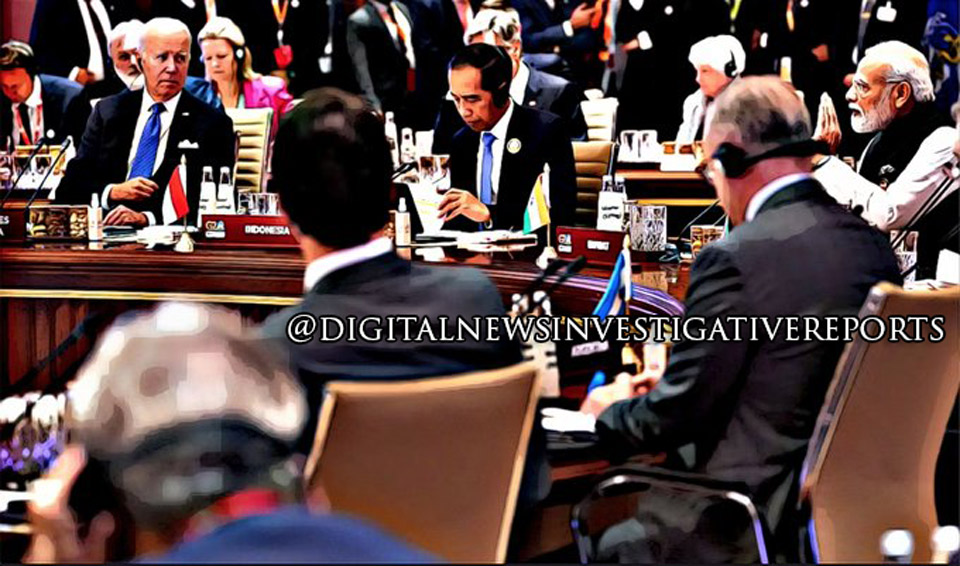 Date: September 10, 2023
Date: September 10, 2023
In a decisive move at the G20 Summit, world leaders have committed to the swift implementation of a Crypto Asset Reporting Framework (CARF) aimed at curbing tax evasion and money laundering associated with cryptocurrencies. A significant number of member nations have expressed their desire for information exchange on non-financial crypto assets to commence as early as 2027.
The CARF will establish a standardized template for reporting crypto transactions, preventing these assets from being misused by tax evaders to conceal unaccounted wealth. The G20 Leaders’ declaration, adopted unanimously, urges the Global Forum on Transparency and Exchange of Information for Tax Purposes to establish a coordinated timeline for information exchanges among relevant jurisdictions.
This development underscores the G20’s commitment to establishing a fair and modern international tax system, tailored to the challenges of the 21st century. Notably, progress has been made on both pillars of the international tax package, with the completion of a text for a Multilateral Convention (MLC) under Pillar One.
At the iconic Rajghat, the G20 family paid homage to Mahatma Gandhi – the beacon of peace, service, compassion and non-violence.
As diverse nations converge, Gandhi Ji’s timeless ideals guide our collective vision for a harmonious, inclusive and prosperous global future. pic.twitter.com/QEkMsaYN5g
— Narendra Modi (@narendramodi) September 10, 2023
Finance Minister Nirmala Sitharaman, briefing reporters after the summit, highlighted substantial achievements, including progress on exchanging information regarding immovable property transactions and the launch of a South Asia academy for tax and financial crime investigation in collaboration with the OECD. The G20 nations’ determination to address crypto-related tax evasion is a significant step toward global financial transparency and accountability.
This decision has received widespread support from both crypto enthusiasts and regulatory bodies. Proponents argue that it will enhance the legitimacy of cryptocurrencies and make them more accessible to mainstream investors. Critics, on the other hand, express concerns about privacy and potential overreach by governments.



